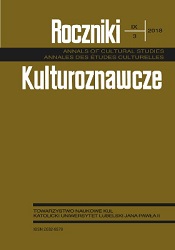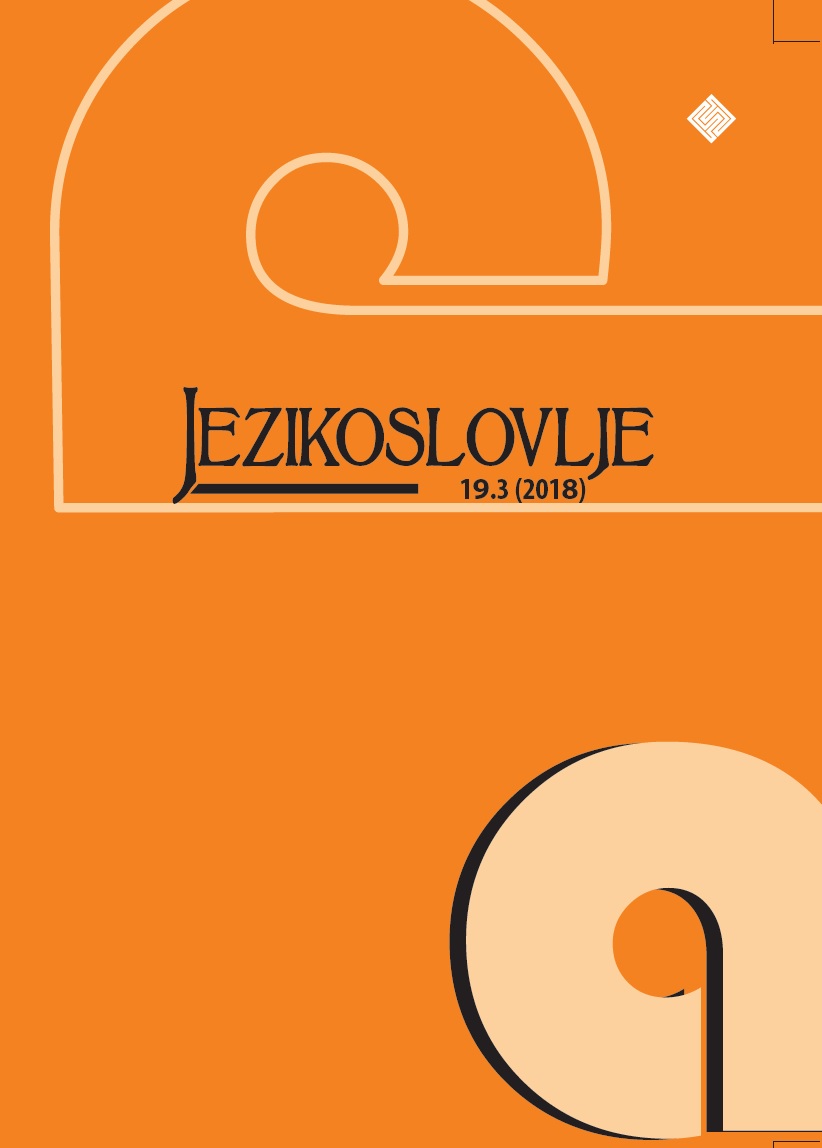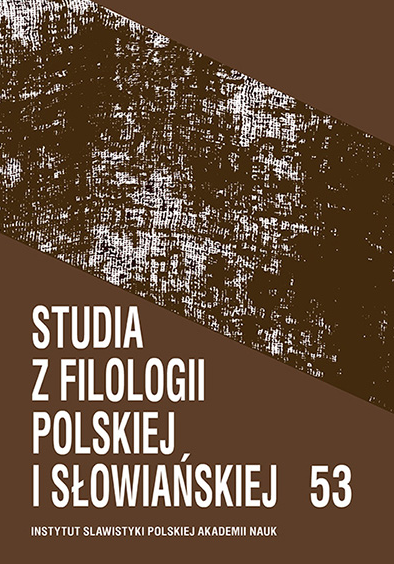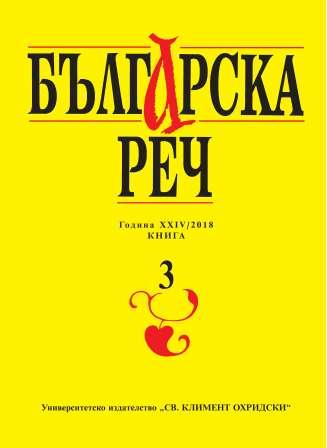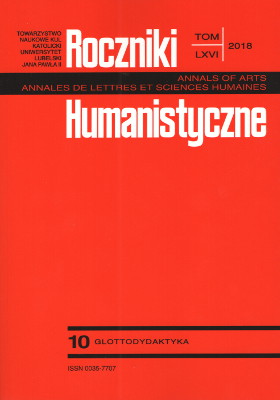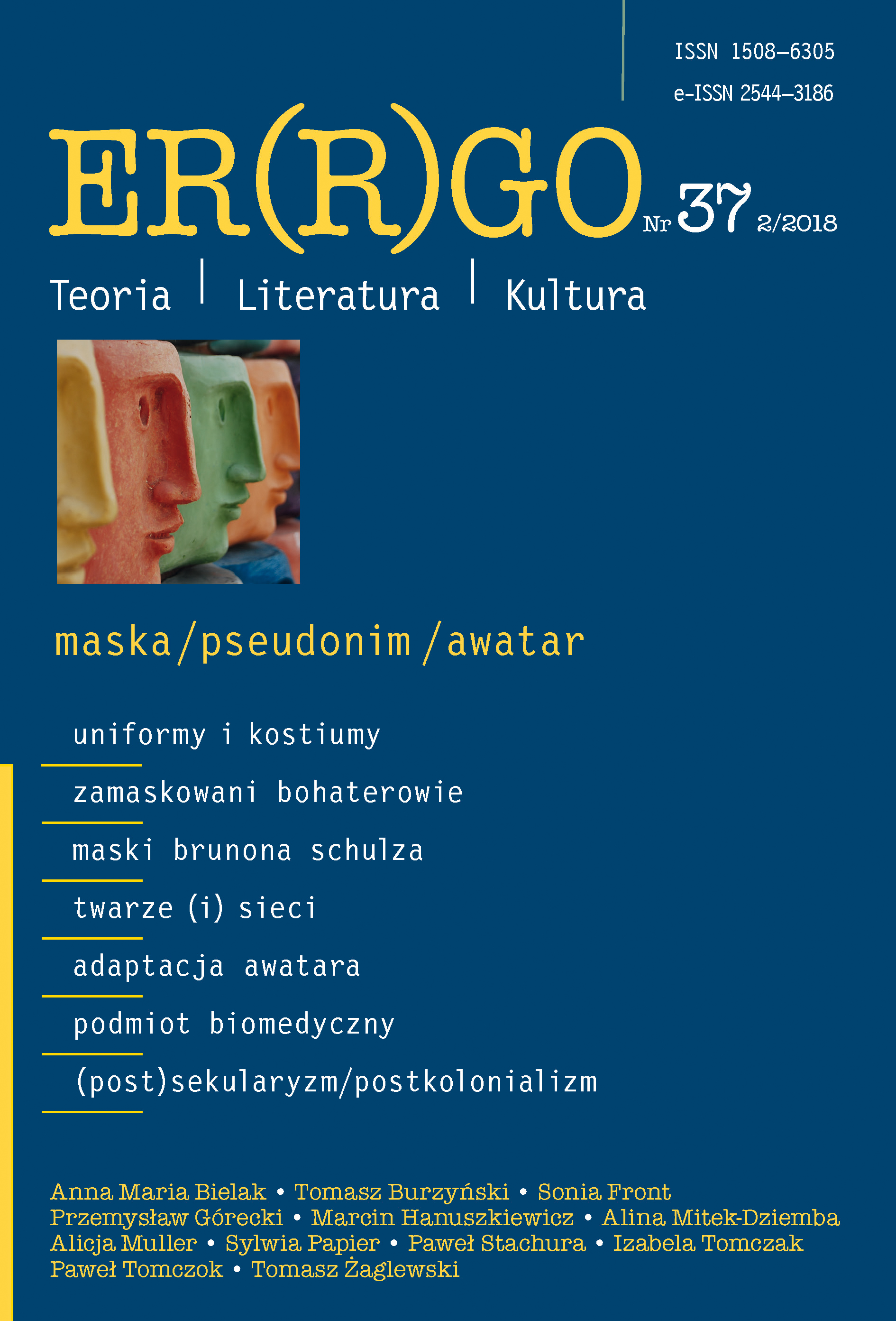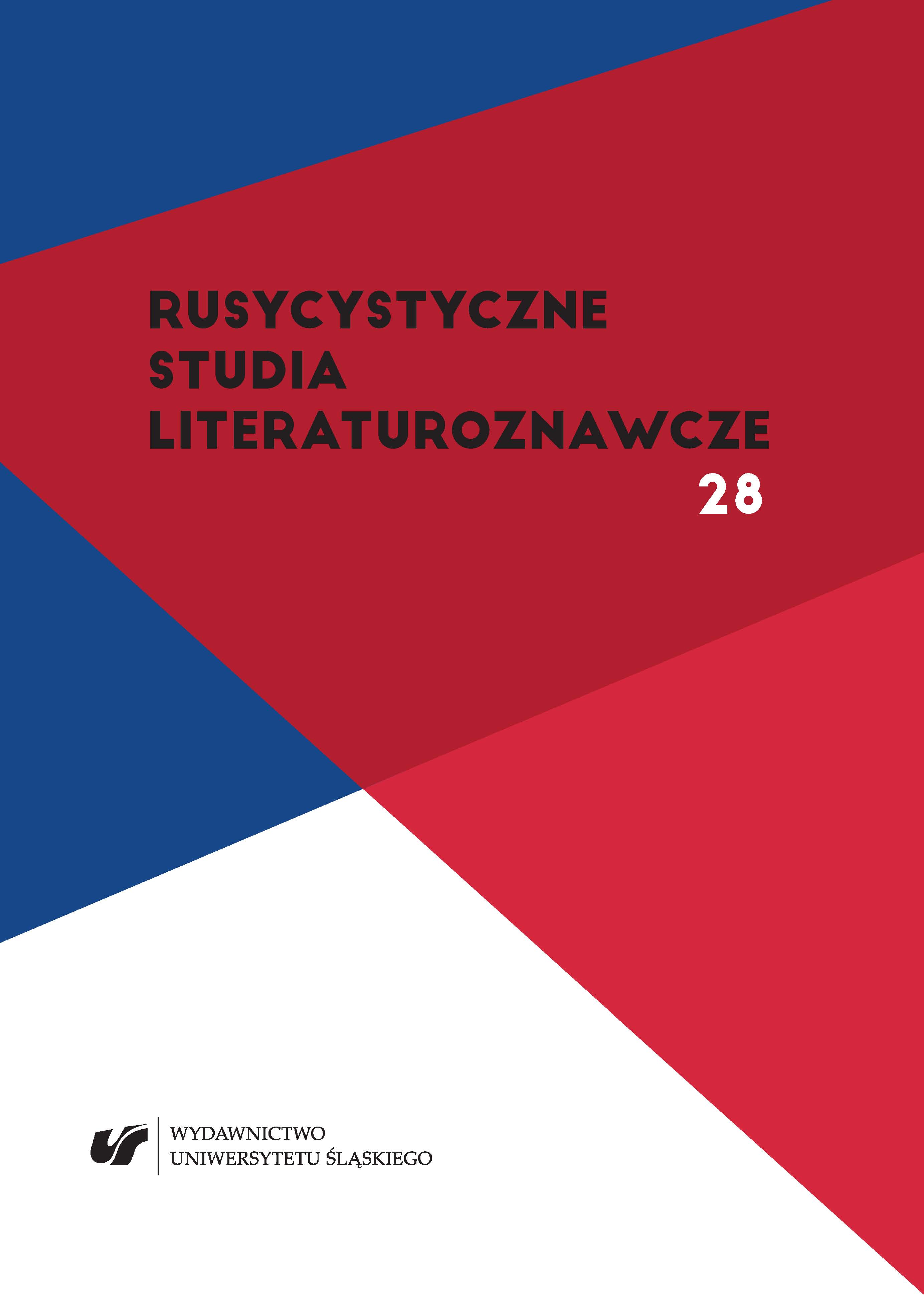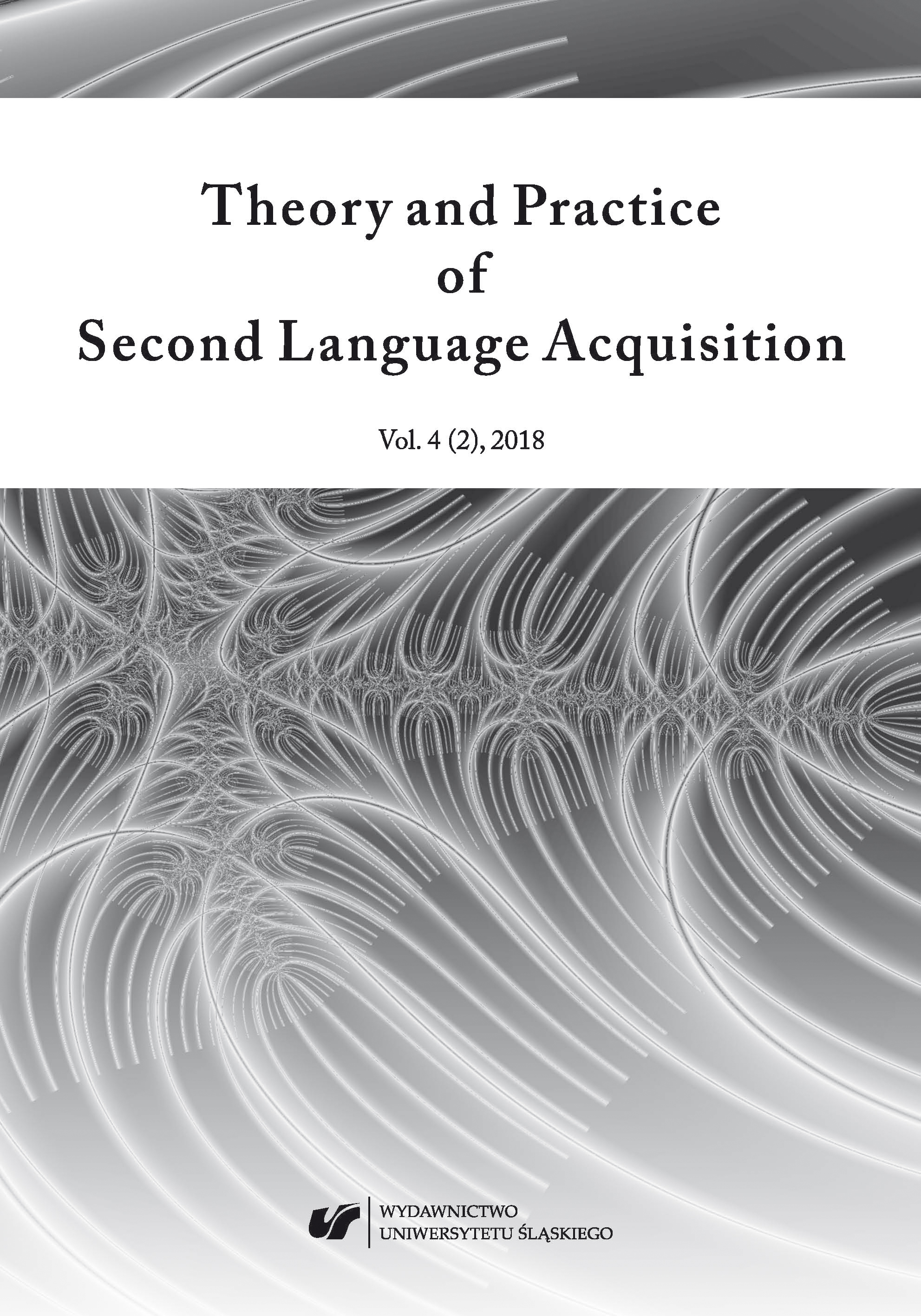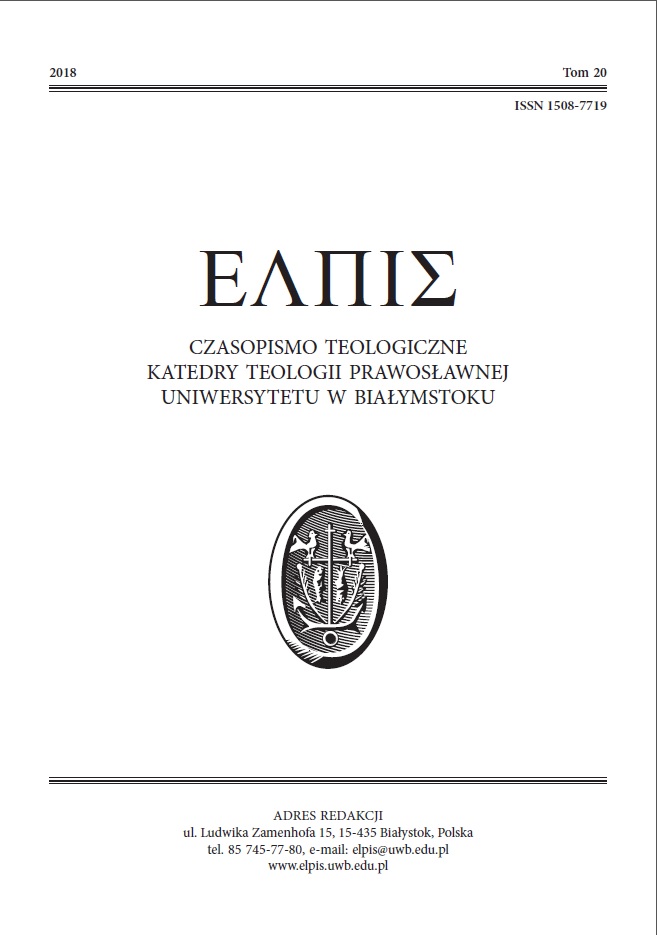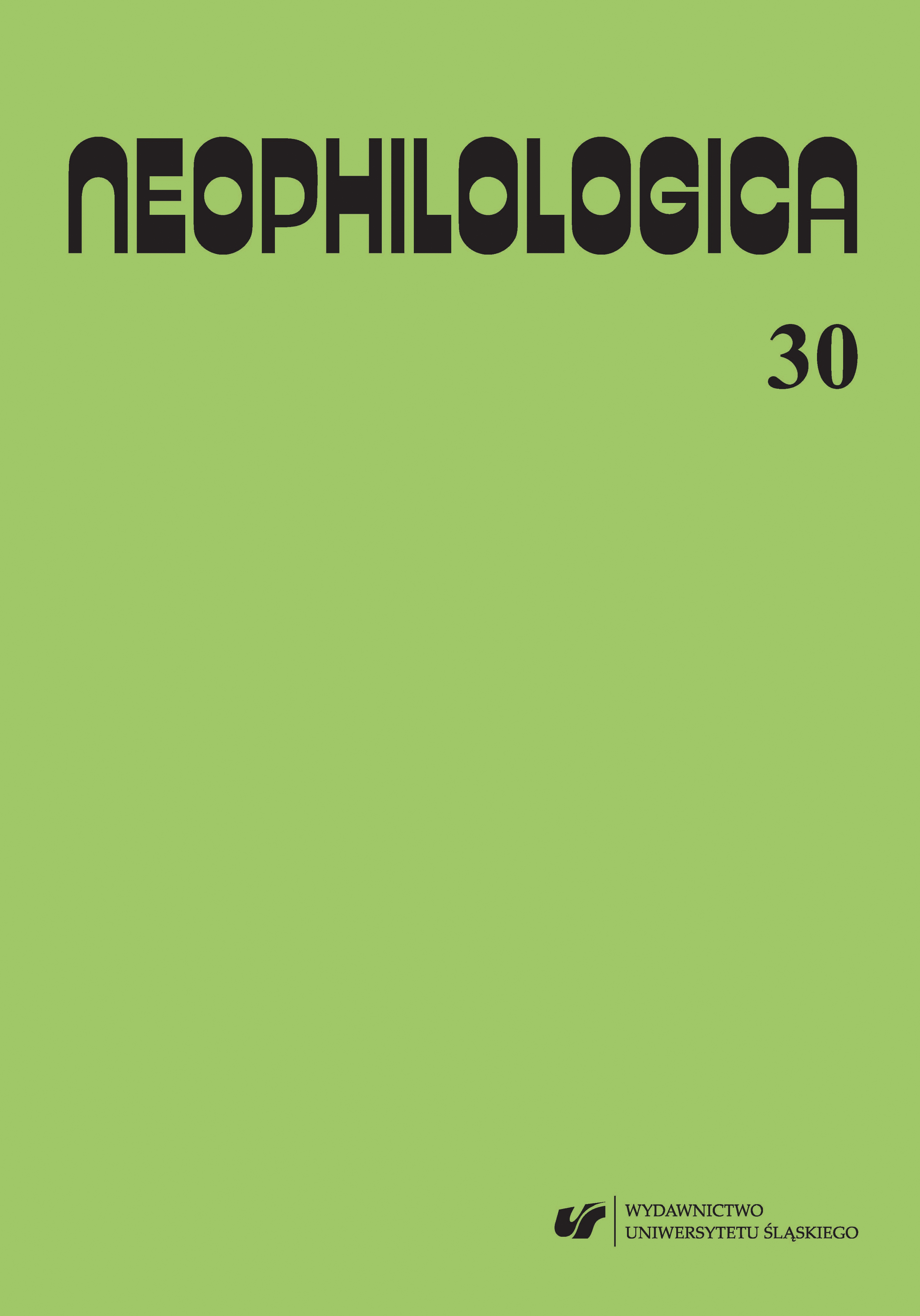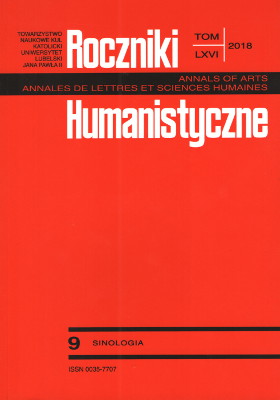
Najwyższa nauka Da xue 大學 — próba interpretacji tekstu w duchu wczesnego konfucjanizmu
The article contains translation of classical Chinese text Greatest Learning Da Xue 大學 and the interpretation of important terms such as de 德 and gewu 格物. Da Xue is a part of ancient Chinese texts Liji 禮記 but the reinterpretation of the text became later a basis of neo-confucian philosophy. I argue that Da Xue is a pragmatic manual for an individual who firstly wants to cultivate himself and being cultivated is able to change the world into confucian utopia. Hence the phrase gewu does not have a meaning of “investigating things” in order to understand li 理 but “understanding the order of things that come”.
More...
